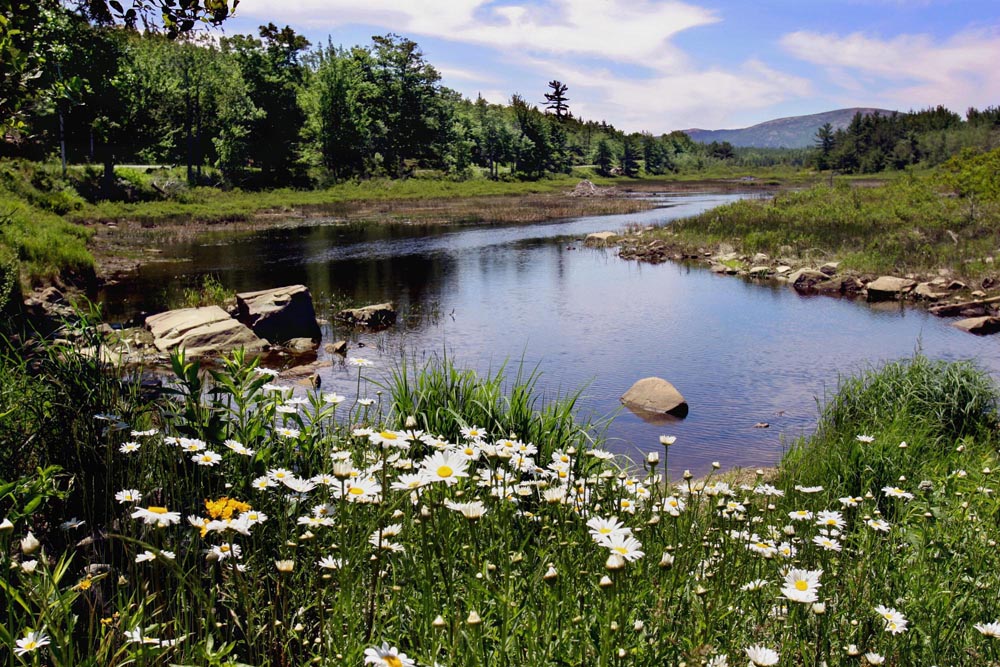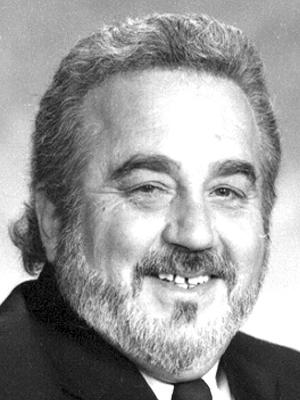WASHINGTON – Visitors to national parks such as Yellowstone and the Grand Canyon will be allowed to carry loaded guns starting Monday under a new federal law. But the freedom to bear arms may not last long at Acadia National Park. Maine’s Legislature is considering a new state law to keep loaded guns out of the state’s only national park.
The Legislature’s Criminal Justice and Public Safety Committee stood 7 to 6 in favor of the ban when its final tie-breaking vote was cast on Wednesday. The bill is now headed for a floor fight in the Legislature.
”There’s never been guns up at Acadia and we’re saying there shouldn’t be guns up at Acadia,” said Sen. Stanley Gerzofsky, D-Brunswick, the Senate chairman of the committee.
The new federal law lets licensed gun owners bring firearms into national parks and wildlife refuges as long as they are allowed by state law. While favored by gun rights groups, the new law comes over the objections of gun-control advocates, who fear it will lead to increased violence in national parks.
The law reflects a new political momentum for gun rights advocates.
In 2008, the Supreme Court struck down a handgun ban in Washington, D.C., and declared that people have a constitutional right to possess firearms for self-defense and other purposes.
Gun owners have rushed in record numbers to get concealed-weapons permits, saying they worry that President Obama and the Democratic Congress may impose stricter gun laws.
The National Rifle Association lobbied hard to allow guns in parks, and has spent millions to challenge its opponents.
Gun rights advocates say owners have the same right to carry weapons and defend themselves whether they’re in a park or not. Opponents of the new law argue that visitors will now be less safe when they go to seek peace and relaxation in the nation’s parks.
As of Monday, guns will be allowed in all but about 20 of the National Park Service’s 392 locations, including Yellowstone, the Grand Canyon and Yosemite. Guns will not be allowed in visitor centers or rangers’ offices, because firearms are banned in federal buildings, but they could be carried into private lodges or concession stands, depending on state laws.
In Maine, guns will be allowed in Acadia, along the Appalachian Trail and at the St. Croix Island International Historic Site near Calais.
The ban being considered by Maine lawmakers would affect only Acadia. Lawmakers decided to exclude the Appalachian Trail because hunters sometimes cross the trail and will no longer have to unload their guns to do so legally.
”The whole purpose of the bill was to make (Acadia) consistent with our state parks, and our state parks don’t allow concealed weapons,” said Rep. Anne Haskell, D-Portland, the House chairwoman of the public safety committee.
But the Legislature is clearly divided on the question, and gun rights groups are expected to fight the bill on the floor.
”It seemed to me that the federal government had made an affirmative decision to allow guns in the parks, and I just didn’t feel we were in a position to change that, and it didn’t feel like there was a reason to change it,” said Rep. Gary Plummer, R-Windham, who voted against the bill in committee.
”If you ban guns, those people that are going to be carrying guns are going to be the ones who violate the law anyway,” said Rep. David Burns, R-Whiting, who also voted against the bill in committee. ”It’s a person’s constitutional right to be able to protect themselves, especially in remote areas.”
Paul Helmke, president of the Brady Campaign to Prevent Gun Violence, said national parks are now among the safest places in America, but that could change under the new law. Current rules severely restrict guns in the national parks, generally requiring them to be locked or stored.
”It really is sad that we’ve become such a paranoid society that people want to take guns pretty much everywhere — including national parks,” Helmke said Friday.
But a spokesman for the National Rifle Association scoffed at the idea that parks will become more dangerous, saying people have been assaulted and even murdered in national parks.
”This common-sense measure will enhance the self-defense rights of law-abiding Americans and also ensure uniformity of firearm laws within a state,” said Chris W. Cox, the NRA’s chief lobbyist.
The National Park Service said there were 3,760 reported major crimes, including five homicides and 37 rapes, in 2008, the most recent year for which data is available. The agency does not note which crimes involved firearms. Crime is down across the system’s parks, according to park service spokesman David Barna.
Sen. Tom Coburn, R-Okla., who led congressional efforts to change the law, said concerns about increased violence are overblown.
”I don’t expect anything major to come from this other than to restore the Second Amendment rights taken away by bureaucrats,” he said.
Send questions/comments to the editors.




Success. Please wait for the page to reload. If the page does not reload within 5 seconds, please refresh the page.
Enter your email and password to access comments.
Hi, to comment on stories you must . This profile is in addition to your subscription and website login.
Already have a commenting profile? .
Invalid username/password.
Please check your email to confirm and complete your registration.
Only subscribers are eligible to post comments. Please subscribe or login first for digital access. Here’s why.
Use the form below to reset your password. When you've submitted your account email, we will send an email with a reset code.